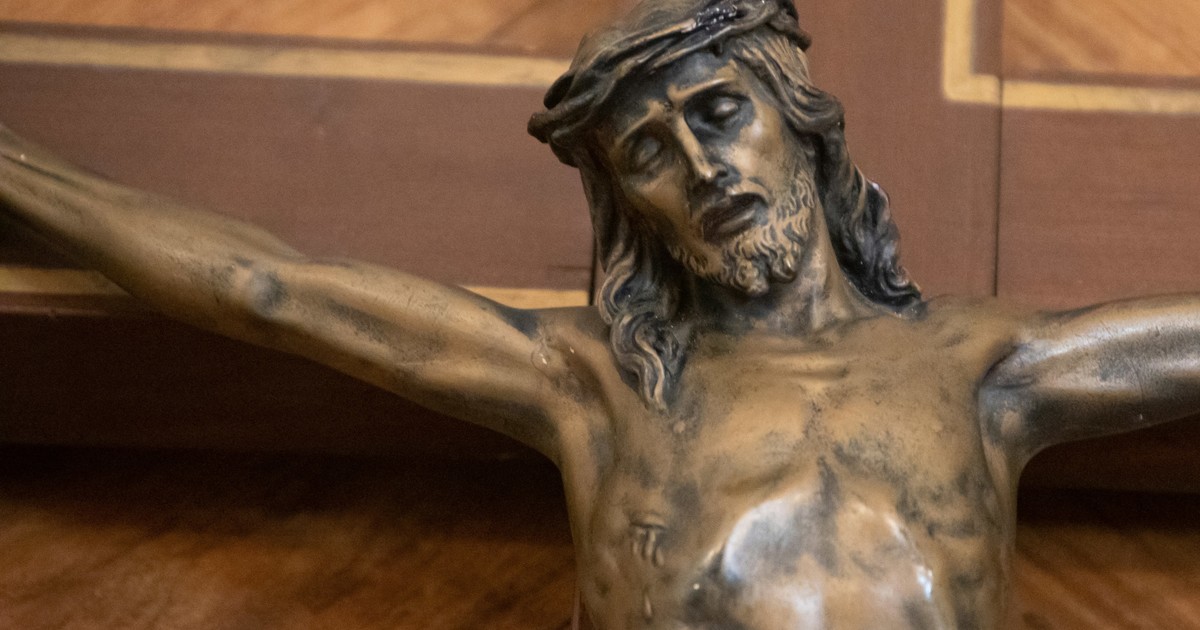- Feb 5, 2002
- 166,616
- 56,251
- Country
- United States
- Faith
- Catholic
- Marital Status
- Married
- Politics
- US-Others
In the infamous Prodigal Son discourse, St. Luke describes the moment the youngest son, already in a dire predicament after having squandered his inheritance, was left desiring to eat from the food pods given to the swine. The progress of the son’s journey away from his father and the entire household left him with a sense of despair and desperation with no one to care for him let alone care for himself. At the point where there appeared no further hope, St. Luke describes how the son came to himself[1] which can be interpreted as an encounter with his sinful acts and the need to repent-his own personal examination of conscience and immediately sets out to seek his father’s forgiveness.
The Prodigal Son sets himself on a path of reconciliation and mercy, the encounter with his father is one filled with joy and reconciliation that his son has returned home, the one who was lost has now been found. The spiritual reclamation of the son offers us a perspective of the parable of the Lost Sheep[2] where our Lord reminds his disciples that I argue to the parable of the Lost Sheep that everyone is called to repentance which is a cause for joy for those who choose to come to the Father.
The entire parable reveals the gift of unconditional love offered by the father to the son but it also signifies the importance of recognizing one’s sins and the need for conversion and repentance. The son's return is not possible unless he does two things; one, recognizes his sin, and second, freely chooses to turn away from his former self-conversion of heart. The Prodigal son exhibits a contrite heart and the moment he chooses to arise and go to his father, this is his firm purpose of amendment to avoid the near occasion of sin.
Continued below.

 knowingisdoing.org
knowingisdoing.org
The Prodigal Son sets himself on a path of reconciliation and mercy, the encounter with his father is one filled with joy and reconciliation that his son has returned home, the one who was lost has now been found. The spiritual reclamation of the son offers us a perspective of the parable of the Lost Sheep[2] where our Lord reminds his disciples that I argue to the parable of the Lost Sheep that everyone is called to repentance which is a cause for joy for those who choose to come to the Father.
The entire parable reveals the gift of unconditional love offered by the father to the son but it also signifies the importance of recognizing one’s sins and the need for conversion and repentance. The son's return is not possible unless he does two things; one, recognizes his sin, and second, freely chooses to turn away from his former self-conversion of heart. The Prodigal son exhibits a contrite heart and the moment he chooses to arise and go to his father, this is his firm purpose of amendment to avoid the near occasion of sin.
Continued below.

